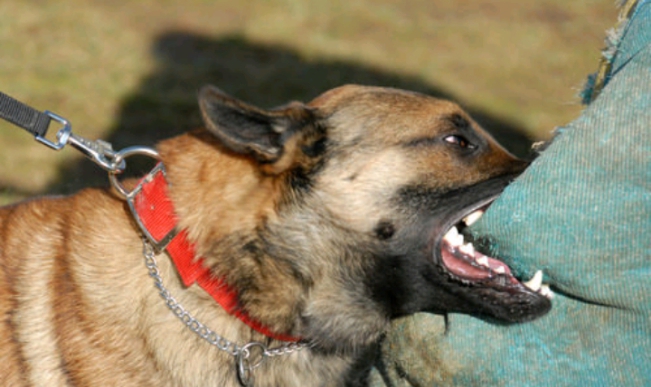RABIES OUTBREAK FEARS RISE IN ADAMAWA AS DOG BITES SURGE
Fear of a rabies outbreak has gripped parts of Adamawa State following a disturbing spike in dog bites across several communities. Consequently, health officials have raised an alarm of serious public health concerns.

Dr. Bartholomew Nyalas, Director of Veterinary Services and Epidemiologist at the State Ministry of Livestock and Aquaculture, confirmed that three people died last year from rabies-related cases. He described the recent trend of canine attacks as sporadic and aggressive.
“We’ve recorded multiple unprovoked bites in Lainde, Kofare, Yolde Pate, and Haying Gada communities,” Dr. Nyalas said. “But I can assure the public that we are on top of it and are handling the situation with the utmost seriousness.”
The Commissioner for Livestock and Aquaculture, Tijjani Maksha, also confirmed a rabies outbreak last week and noted that cats are particularly affected. Dr. Nyalas added that the nature of recent animal attacks suggests rabies infection, although official diagnosis requires lab confirmation.
He disclosed that during a national monkeypox surveillance campaign, a federal health team captured 19 stray cats in the city centre—nine of which tested positive for the rabies virus.
“That’s nearly 50 per cent testing positive. It shows we have a rabies reservoir within our neighbourhoods. And you can’t tell which cat or dog will bite a human and who the human would be. It’s a complex and dangerous web,” he said.
In response, the state has begun enforcing control measures. A dog has already been quarantined at Bannex Veterinary Hospital. Public sensitisation efforts are ongoing through flyers, radio jingles, and town-wide announcements urging pet owners to restrain their animals.
“We have advised that all dogs be chained or caged. The Ministry of Environment is tasked with managing stray dogs. Still, it’s a tough task—chasing and capturing strays without an executive order to neutralise them is nearly impossible,” Nyalas noted.
A compliance deadline will soon be issued, and non-compliant pet owners may face stricter enforcement. While no hospital admissions have occurred this year, those bitten are being directed to seek immediate post-exposure treatment and vaccination.
Meanwhile, preparations are underway for a mass vaccination campaign targeting all domestic dogs and cats. “Vaccinating the animals is our best bet in cutting off the transmission chain. That’s our next big step,” Nyalas said.
The public is strongly advised to avoid contact with stray animals, report bites immediately, and adhere to government-issued safety guidelines as authorities work to contain what could become a widespread health crisis.
COMMENTS